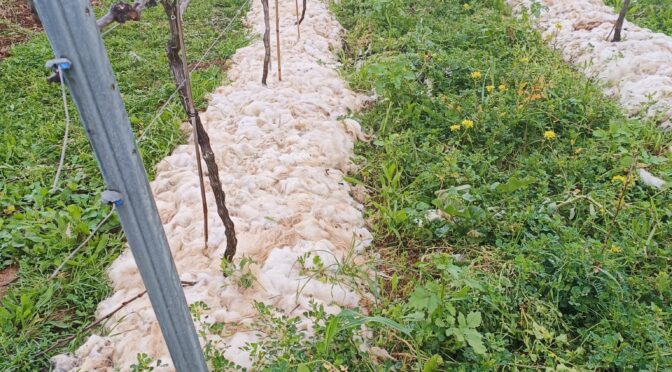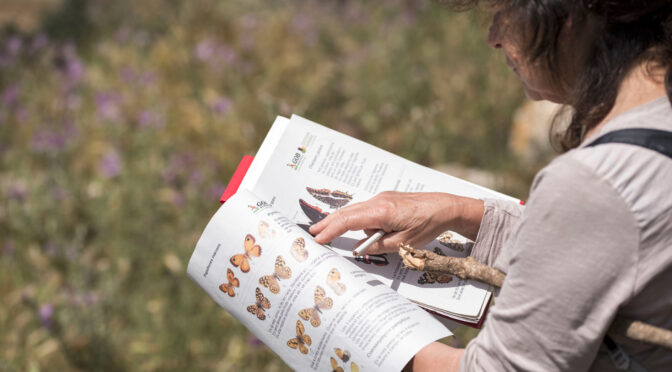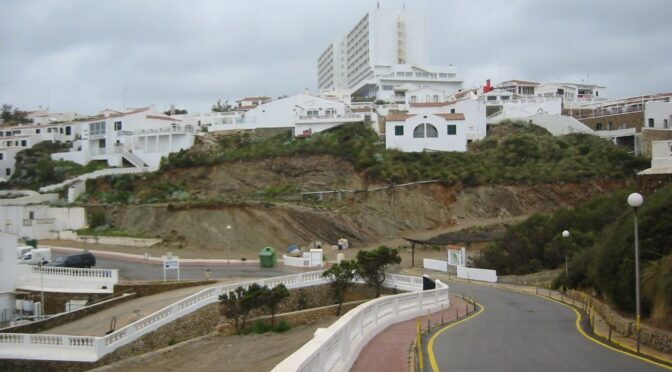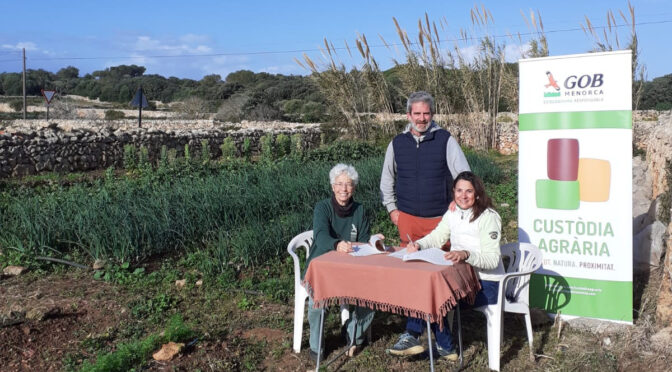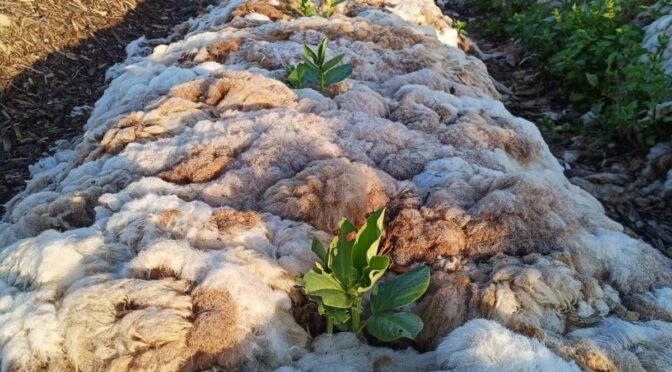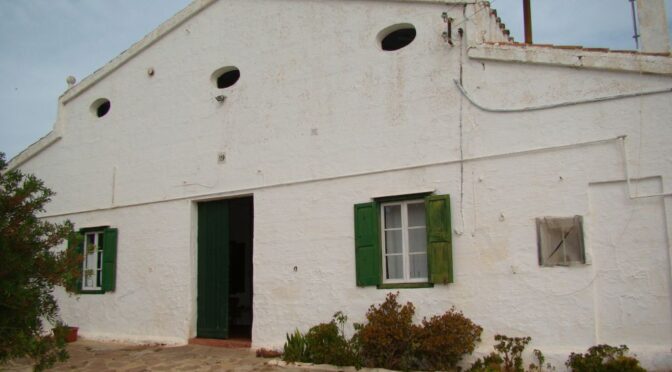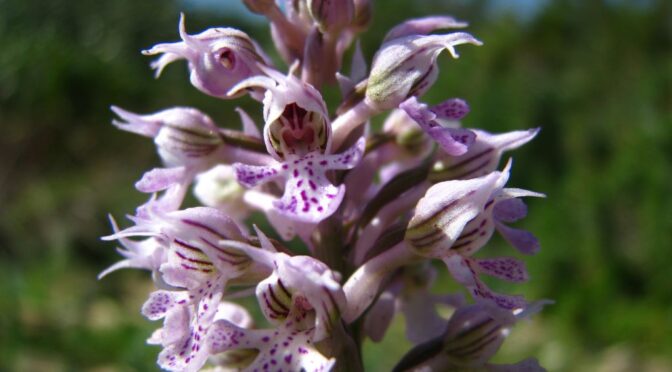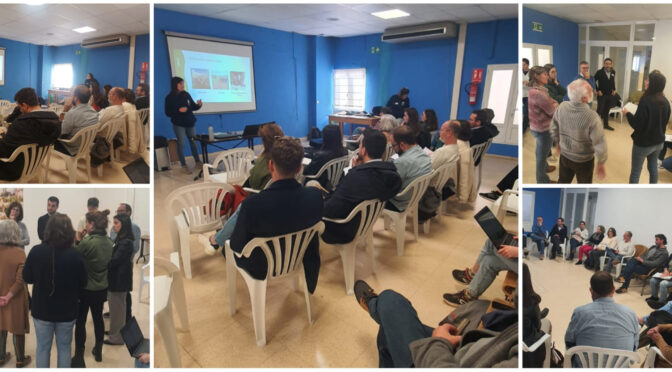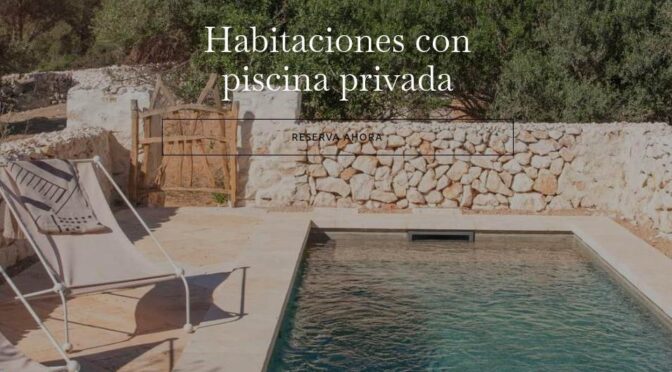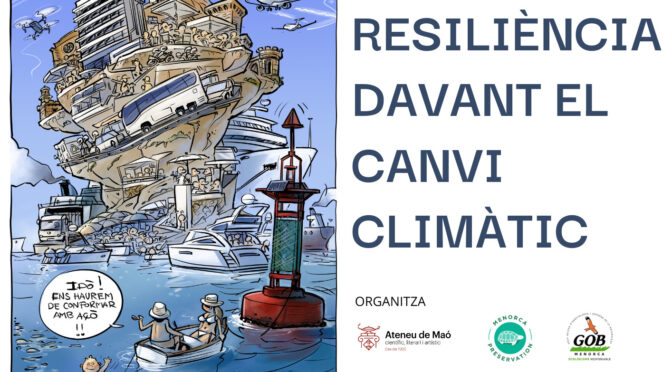Views: 96
Mulching the soil: less evaporation, more fertility
Next Friday, April 11, GOB Menorca is organizing a training session entitled “Saving water with soil mulching”, which will take place at the Binitord vineyards (Ciutadella). The course is aimed at farmers, horticulturists, and people interested in sustainable soil management. It will include both theoretical and practical components.
The session will be led by Raoul Ferrer, an agricultural engineer with expertise in regenerative agriculture and holistic management. We spoke with him to learn more about mulching and its applications.
Continue reading Mulching the soil: less evaporation, more fertility

